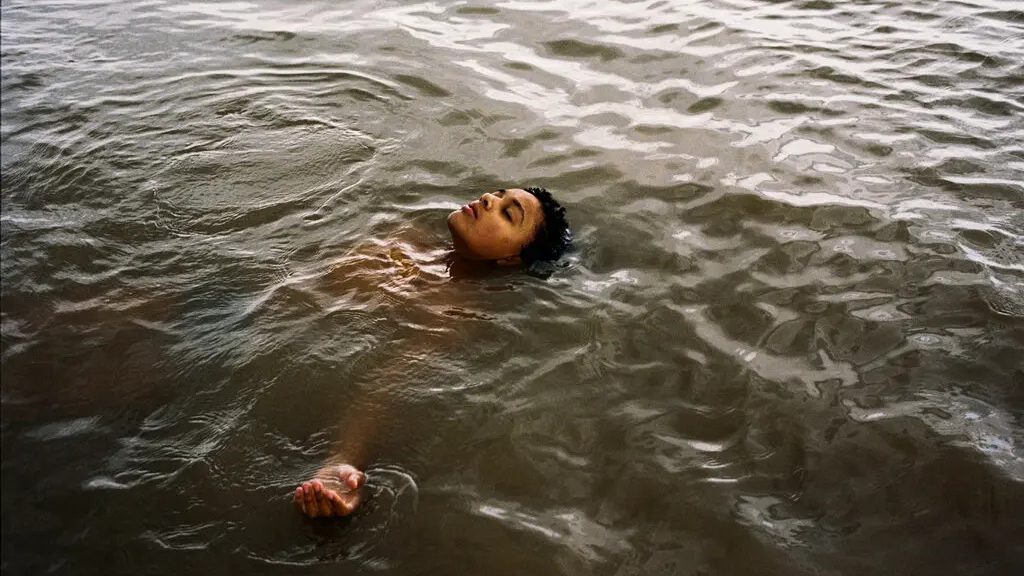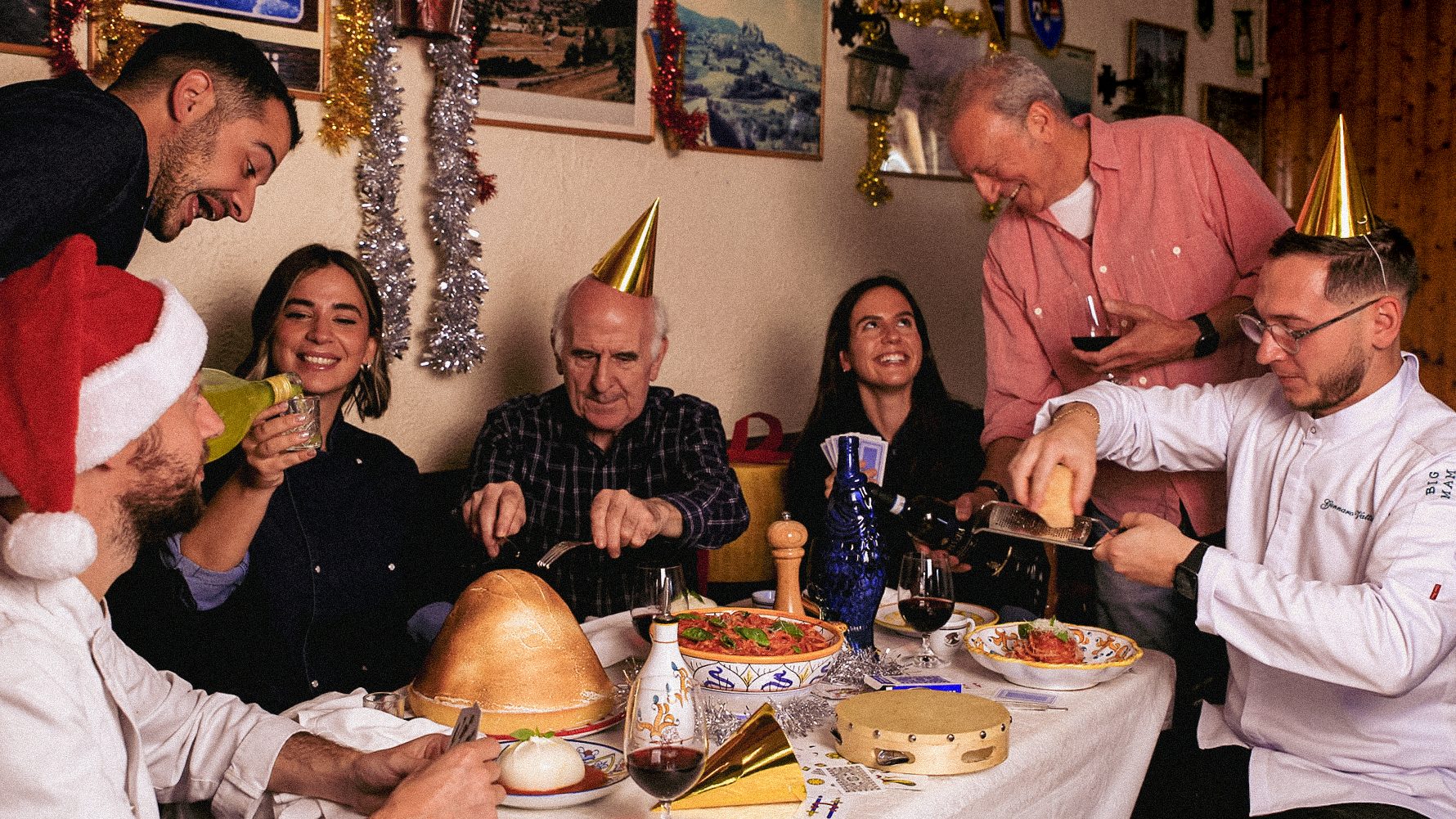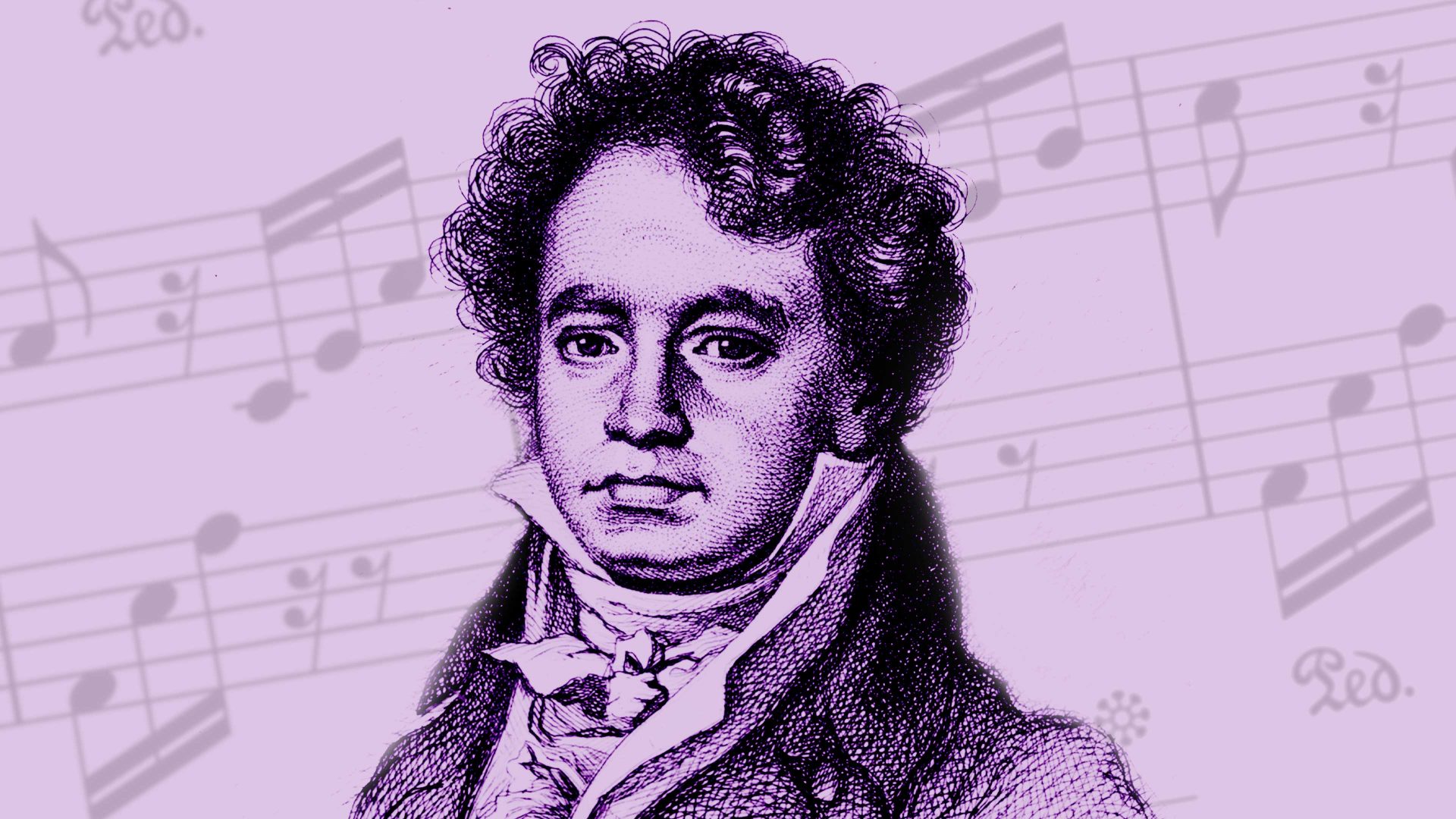Andrea Arnold’s first dramatic feature since American Honey (2016) is no less accomplished but significantly extends the range of this great British auteur director. At the start, you might imagine that you are watching a 21st century homage to Ken Loach’s Kes (1969); by the end, your thoughts are more likely to tend towards the poetry of Ted Hughes or Aesop’s fables.
Twelve-year-old Bailey (Nykiya Adams, superb) lives in a Gravesend squat with her well-meaning but feckless father Bug (Barry Keoghan, dialled up to 11) and 14-year-old half-brother Hunter (Jason Edward Buda), who has foolishly attached himself to a self-styled gang of teen “vigilantes”. Bug is planning to marry Kayleigh (Frankie Box), and to finance the wedding with the allegedly hallucinogenic slime secreted by his newly acquired “drug toad”.
The Kentish setting enables Arnold to explore both this chaotic urban landscape and the surrounding countryside: the partition between the human and the feral, between noisy streets and mystical nature, is fully porous, and horses, butterflies, crows and a fox all play their part in the story. On a walk in a field, Bailey encounters the strange and gentle Bird (Franz Rogowski), other-worldly and gnomic in his rare utterances. A bond forms slowly between them, and Bird, often to be found on the roof of a block of flats, seeks Bailey’s help in finding his father.
When she visits her mother Peyton (Jasmine Jobson) and three step-siblings, now living with the brutish Skate (James Nelson Joyce), the plot takes a dark turn. At this moment of maximum intensity, Arnold shifts from social realism to magic realism with a confidence that is both startling and, in context, makes perfect sense.
The transcendent moment of Ovidian metamorphosis, which I shall not spoil, is deeply moving without a hint of sentimentality, and wraps Bird in a sense of the mythic and fantastical that does not betray the honesty with which it portrays the gritty disorder of day-to-day life.
The Day of the Jackal (Sky Atlantic/NOW)
Ronan Bennett’s contemporary take on Frederick Forsyth’s classic 1971 thriller is admirably unintimidated by comparison with Fred Zinnemann’s 1973 movie adaptation. Indeed, Eddie Redmayne, spectacular in the lead role, positively invites comparison with Edward Fox’s original portrayal of the assassin, down to the sinuously English menace and immaculate wardrobe (note, in particular, the cravat).
Instead of President Charles de Gaulle, the Jackal’s modern-day target is a tech billionaire turned philanthropist, Ulle Dag Charles (Khalid Abdalla), who is planning to release a revolutionary software called River that will make all global financial transactions transparent. Needless to say, a sinister group of anonymous power-brokers – headed by Charles Dance at his scariest – is keen to stop this plan in its tracks and hires the Jackal for a fee of $100 million. Their confidence is boosted by the apparently impossible two-mile shot with which he kills a far right demagogue in Munich in episode one.
This murderous feat also brings him to the attention of MI6 and specifically gun expert Bianca Pullman (Lashana Lynch), who sets off in pursuit of the anonymous sniper (just as Michael Lonsdale as deputy commissioner Claude Lebel did in the movie).
For evidence of how badly wrong such adaptations can go, try – if you dare – the dreadful 1997 version starring Bruce Willis. With ten episodes to tell the tale, we get to see the respective home lives of the Jackal and Bianca alike. This is a calculated dramatic risk, but it pays off. Addressed as “Charles” by his Spanish wife Nuria (Úrsula Corberó), the assassin dreams of a final payday and then retirement with their young son Carlito on the family estate in Cadiz. The often-absent Bianca, meanwhile, argues with her academic husband and resentful daughter; their ordinary London home a sharp contrast to the shoot-outs, tradecraft and lethal cat-and-mouse chases with which her days are filled.
What the Jackal and his hunter share is a tension between the intoxication of their respective adrenaline-charged professions and the yearning for something approaching normality. Who will crack first? Five episodes are already available, with the remainder to follow weekly.
Anora (selected cinemas)
Sean Baker’s eighth feature film, winner of the Palme d’Or at Cannes, also puts Mikey Madison, who plays the title role, squarely into contention for an Oscar. Anora – or Ani, as she prefers to be known – works long shifts at the HQ strip club in New York, where, because she understands Russian, she is introduced to Ivan “Vanya” Zakharov (Mark Eydelshteyn), the son of an oligarch.
Rich, juvenile and impulsive, Vanya invites her to his parents’ mansion on the Brighton Beach waterfront and offers to pay her to spend a week with him. Amid all the parties and bacchanalia that follow – including a spur-of-the-moment trip to Las Vegas in Vanya’s private plane – Baker constantly subverts the Cinderella genre, reminding us that this is still a transactional arrangement in which the idiotic man-child has all the power.
After Ani and Vanya get married on a whim in a Vegas chapel, his parents are informed by their local Armenian-American fixer, Toros (Karren Karagulian) – and all hell breaks loose. As Toros, his brother Garnick (Vache Tovmasyan) and their Russian henchman Igor (Yura Borisov) are sent to track down the newlyweds, the movie shifts gear: part-chase, part-screwball comedy, with plenty of sight gags thrown in for good measure. This could have been a disastrous shift of trajectory, but Baker pulls it off – not least because the action enables him to project Ani’s defiant strength and the pathetic Vanya’s utter lack of spine.
The final scene of Anora is one of the most affecting I have seen, and its tragic ambiguities will stay with you long after you leave the cinema.
Small Things Like These (selected cinemas)
Far from the epic scale of Oppenheimer, for which he won an Academy Award, Cillian Murphy returns in a movie that is painted in exquisite brush strokes and signals emotion, often of the gravest kind, with deep subtlety.
Set in New Ross, County Wexford in the 1980s, based on Claire Keegan’s Orwell Prize-winning novel (2021), and directed by Tim Mielants, Small Things Like These is a portrait of introverted conscience.
Fuel merchant Bill Furlong (Murphy) does his best to provide for his wife Eileen (Eileen Walsh) and five daughters. Yet he is increasingly troubled by the mistreatment of young women – and one in particular – that he sees at the town’s Magdalene laundry, a church-administered home for unmarried mothers (amazingly, the last such institution was not closed until 1996).
His ethical dilemma ignites memories of his own fatherless childhood – the kindnesses he experienced, the sense of loss that endures. The code in the town is that what goes on at the laundry is nobody’s business but the nuns’, who also control admissions to the local school. “If you want to get on in this life,” Eileen tells Bill, “there are things you’ve got to ignore”.
Murphy is excellent, as is Emily Watson as the convent’s daunting mother superior. Their single scene together is a compressed nerve of the unspoken, as the nun seeks to warn Bill off a one-man crusade that, in her view, can only do harm. The form in which he responds seals the movie’s quiet magnificence.
Don’t Look Back, You’ll Trip Over: My Guide to Life, by Michael Caine (Hodder & Stoughton)
Full disclosure: I was the writer privileged to be asked to conduct the conversations with Sir Michael Caine that are collected in this book. Often asked for advice by younger actors, the 91-year-old screen icon shares lessons from his career, embracing more than 150 movies, and memories of friends such as Sean Connery, Peter O’Toole, Cary Grant, Noel Coward. Sidney Poitier, Tom Cruise, Vin Diesel and his “celestial twin” Quincy Jones who, very sadly, died on Sunday.
As the book’s title suggests, he is splendidly forward-facing, and has much to say about digital life, the younger generation (he thinks they’re great), cookery, health, patriotism and what he would do if he were prime minister. I am, of course, biased, but I think you’ll enjoy the breadth, sincerity, wit and wisdom of what he has to say.




